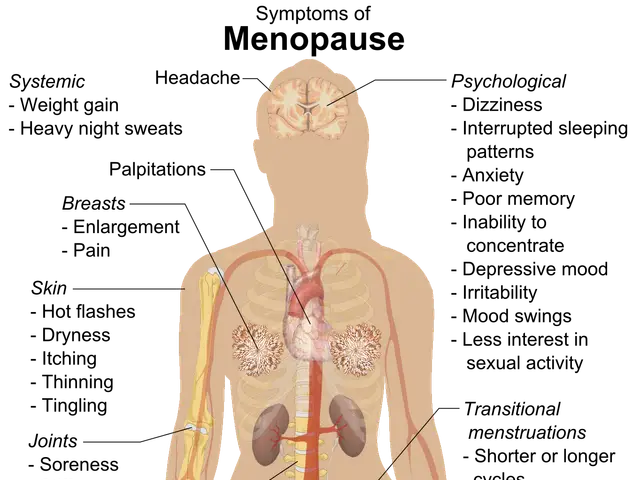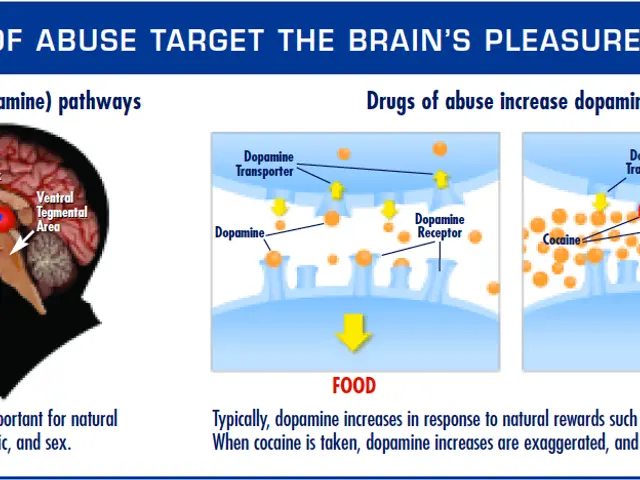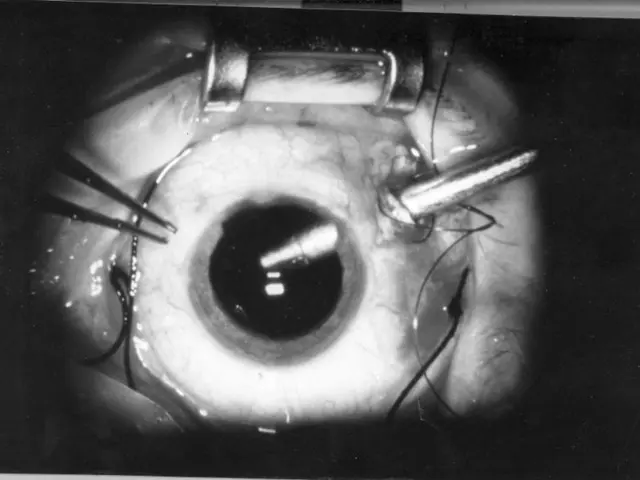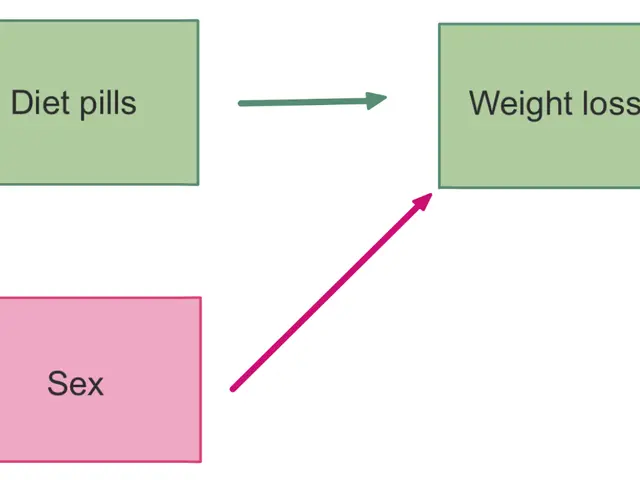Progression of Parkinson's: Identified Symptoms, Evaluation Measures, and Prognosis
In Parkinson's disease, the classic motor symptoms such as tremors, slow movements, and rigidity are well-known. However, there are numerous non-motor symptoms that significantly impact patients' quality of life. These symptoms can appear years before motor symptoms and tend to progress slowly.
Sleep disturbances, such as insomnia, excessive daytime sleepiness, vivid dreams, talking during sleep, and restless leg syndrome, are common due to degeneration of brain areas regulating the sleep-wake cycle. Cognitive changes, including memory problems, difficulty concentrating, and in some cases, Parkinson's disease dementia, are also common.
Mood and psychiatric symptoms, such as anxiety, depression, apathy, and irritability, are frequent and linked to chemical imbalances caused by dopamine reduction and psychological stress. Autonomic dysfunction, which affects automatic bodily functions, can result in gastrointestinal issues, urinary symptoms, blood pressure fluctuations, sweating changes, and other problems.
Sensory symptoms, including weakening of the sense of smell and taste, often one of the earliest signs, can reduce appetite and cause unwanted weight loss. Chronic fatigue and unexplained pain also frequently occur. Swallowing difficulties can complicate nutrition and increase the risk of choking.
These non-motor symptoms are sometimes more disabling than the motor symptoms and require comprehensive management alongside traditional Parkinson’s treatments. Recognizing and addressing these symptoms is crucial for improving life quality in Parkinson’s disease.
Parkinson's disease affects the nervous system, causing both motor and non-motor symptoms. While there is no known cure for the condition, treatment can help manage the symptoms, especially in the early stages. This may include medications, deep brain stimulation, various therapies, and lifestyle changes.
It is essential for individuals with Parkinson's disease, their families, and healthcare providers to be aware of these non-motor symptoms to ensure comprehensive care and improve the overall quality of life for those living with the disease.
[1] James, S. I., et al. Movement Disorders Society Task Force on Quality Improvement and Management. MDS clinical practice guidelines for the evaluation and treatment of motor complications in Parkinson's disease. Movement Disorders, 2016.
[2] Olanow, C. W., et al. Parkinson's disease. Lancet Neurology, 2015.
[3] Schapira, A. H., et al. Parkinson's disease. The Lancet, 2019.
[4] Poewe, W., et al. Parkinson's disease. The Lancet Neurology, 2017.
[5] Lees, A. J., et al. Parkinson's disease. The Lancet, 2010.
- The neurology behind Parkinson's disease results in a variety of neurological disorders, including motor and non-motor symptoms.
- One of the earliest signs of Parkinson's disease is the weakening of the sense of smell and taste, which can lead to a reduced appetite and potential weight loss.
- Chronic diseases like Parkinson's disease can impact seniors, causing not only motor symptoms but also sleep disturbances, cognitive changes, mood and psychiatric symptoms, and autonomic dysfunction.
- Sleep disorders, such as insomnia and excessive daytime sleepiness, are common in Parkinson's disease and can significantly affect patients' quality of life.
- Fortunately, treatment for Parkinson's disease includes a range of interventions like medications, deep brain stimulation, therapies, lifestyle changes, and nutrition modifications.
- In a comprehensive approach to managing Parkinson's disease, recognizing and addressing non-motor symptoms is vital for improving patients' health and wellness, including their mental, sexual, and skin health.
- Fitness and exercise, as well as appropriate parenting practices, can also contribute to maintaining the overall well-being of individuals living with Parkinson's disease.
- Apart from therapy and treatments, CBD oil has shown potential benefits in managing some symptoms associated with neurological disorders like Parkinson's disease.
- Womens' health may be particularly impacted by Parkinson's disease, as they may experience unique challenges related to their reproductive health and menstrual cycles.
- Men's health may also be affected, as Parkinson's disease can impact sexual functioning and require specific considerations in managing treatment side-effects and ensuring a healthy lifestyle.
- Understanding the diverse impact of Parkinson's disease on patients' lives requires ongoing research in medical-conditions, chronic diseases, and health-and-wellness to better support those affected and their families.







